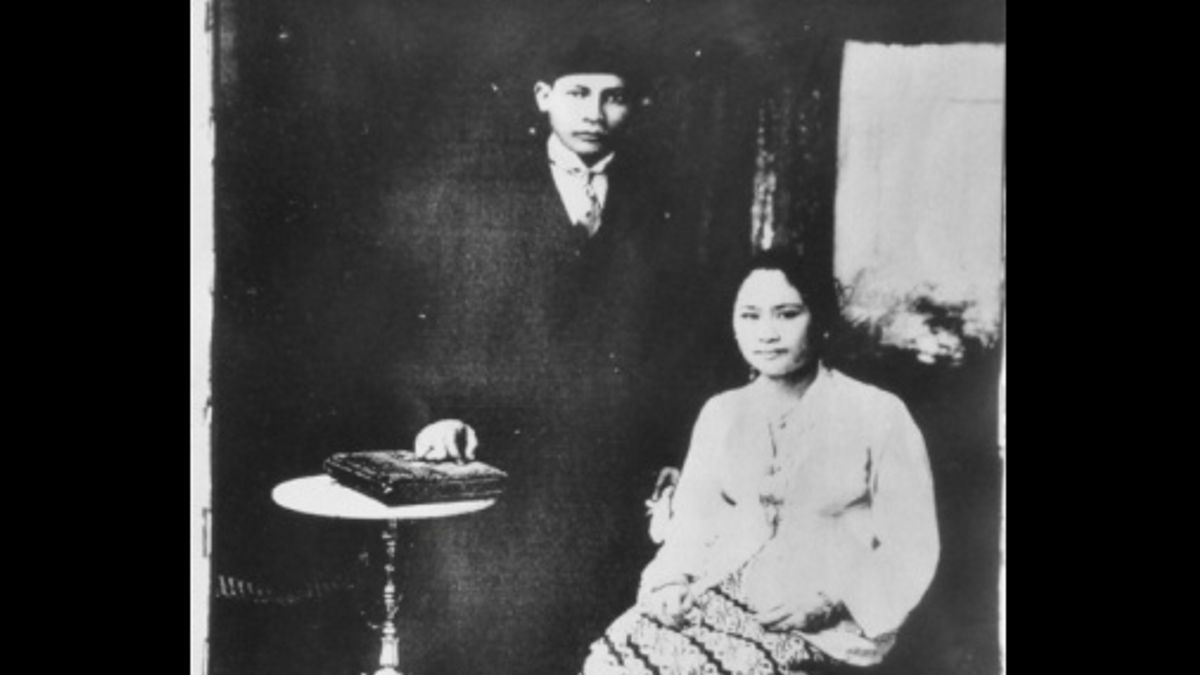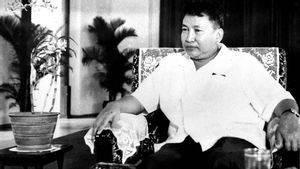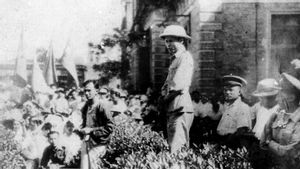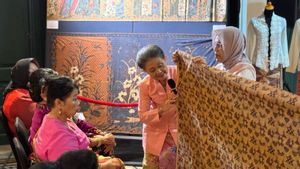JAKARTA History today, 83 years ago, January 6, 1941, the Dutch colonialists sentenced the freedom fighter Mohammad Husni (MH) Thamrin to house arrest. The detention was carried out because Thamrin was considered a Japanese collaborator.
Previously, Thamrin's actions on the map of the struggle of the Indonesian nation passed away. He dared to speak out loud to defend his people through the Volksraad political arena (now: a kind of DPR). This condition made Thamrin known as a corporate path of independence fighter.
The Dutch colonialism is the flushing phase in the journey of the Indonesian people. The bumiputras were blackmailed like dairy cows. This condition moved the freedom fighters. MH Thamrin, one of them. Thamrin firmly chose the path of the corporate struggle.
A strategy to fight for independence is in collaboration with the colonial government of the Dutch East Indies. This strategy was played so that the Dutch East Indies government would be more concerned about the fate of the bumiputras.
Thamrin also understands his function when he was a member of Volksraad from 1927. His actions in Volksraad were booming. He defended many of the Bumiputra's livelihoods. He also defended many of the non-cooporative freedom fighters, from Soekarno to Tjipto Mangoenkoesoemo.
Portrait of Indonesia's independence fighter, Mohammad Husni Thamrin. (Wikimedia Commons)
Thamrin was also the first person to dare to address the pulpit of Volksraad in Indonesian. He has helped freedom fighters many times, from fund matters to political lobbying so as not to be exiled.
Thamrin continues to struggle in his own way. In the end, he has his own path of destiny by openly fighting the Dutch. He began to ask the Dutch to play for Indonesia.
The pressure made the Dutch furious. Even though Thamrin had warned that the Dutch power would collapse if they looked down on the Japanese in the archipelago.
In his first speech, he expressed the blessings of low-cost Japanese imported goods for the population. According to him, peaceful economic penetration has become like a winning procession. In just a few years, not only because of the cheap price because Japanese figures are usually faced with Indonesian buyers who do not show racial arrogance at all.
"Furthermore, it was stated that the choice of indigenous people in Japanese goods was formed because they did not hinder all the interests of the inhabitants of Bumiputra in the state of the national industry from providing them. The most underdeveloped people artificially felt their choice to create considerations for the overall supremacy of the European trade economy," said Bob Hering in the book Mohammad Hoesni Thamrin (2003).
SEE ALSO:
Thamrin believes that in the future Japan will take over control of the Dutch. However, Thamrin's initiation which was only echoing over Japan's power made the Dutch hot. They suspect Thamrin is considered a Japanese collaborator against the Dutch.
The Dutch colonizers took a stand. They tried to break the breakthrough made by Thamrin. The national figure was then held under house arrest by the Dutch on January 6, 1941. However, the detention made Thamrin's health even more disturbed until he died a few days later.
On January 6, 1941 Thamrin was placed under house arrest on suspicion of colluding with Japan. Five days later he died as a result of a combination of kidney failure, malaria, and fatigue. At the funeral the next day, there were between 20 and 30 thousand mourners, "explained Historian Harry Poeze and Henk Schulte Nordholt in the book Merdeka (2023).
The English, Chinese, Japanese, Arabic, and French versions are automatically generated by the AI. So there may still be inaccuracies in translating, please always see Indonesian as our main language. (system supported by DigitalSiber.id)














